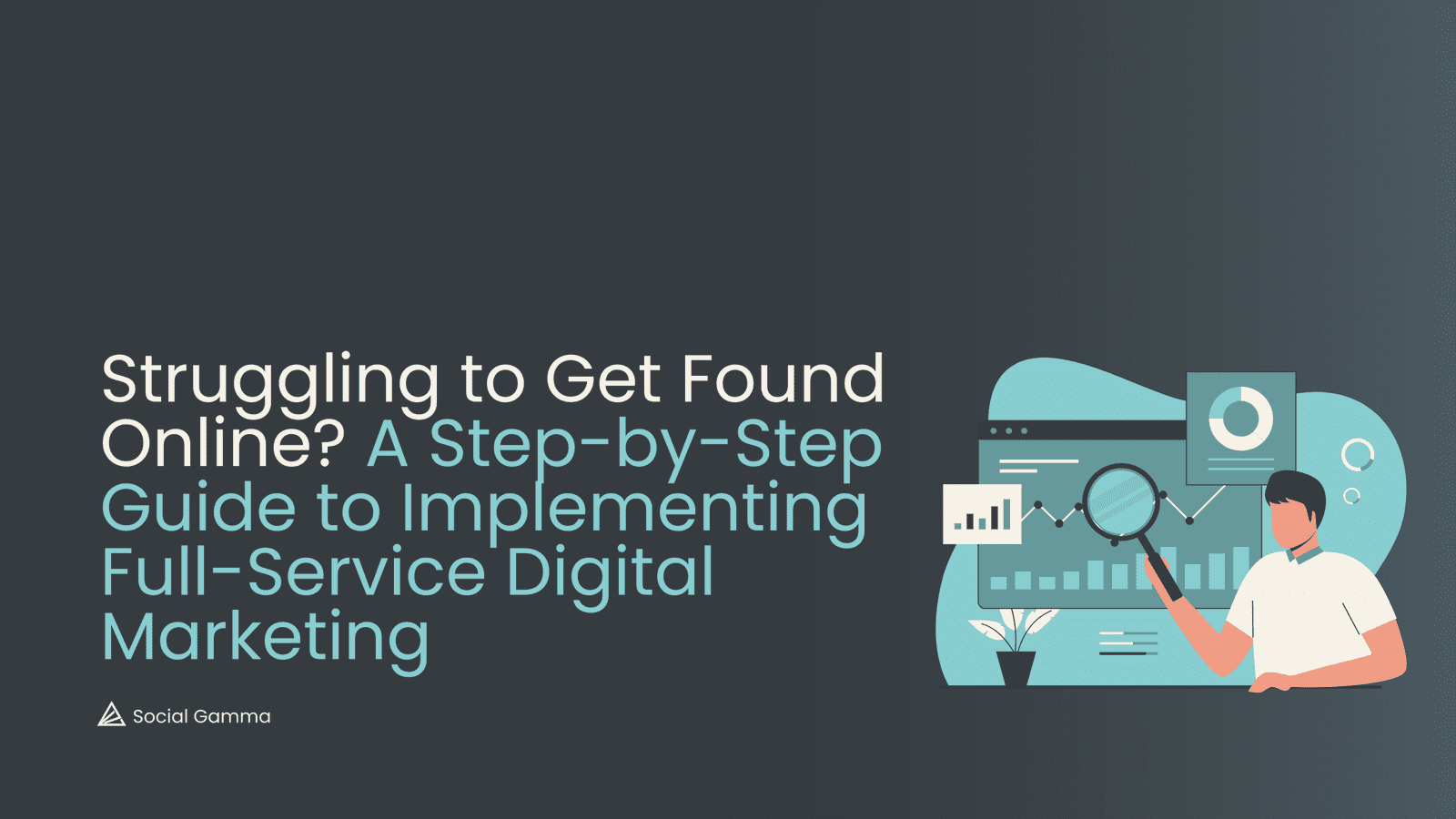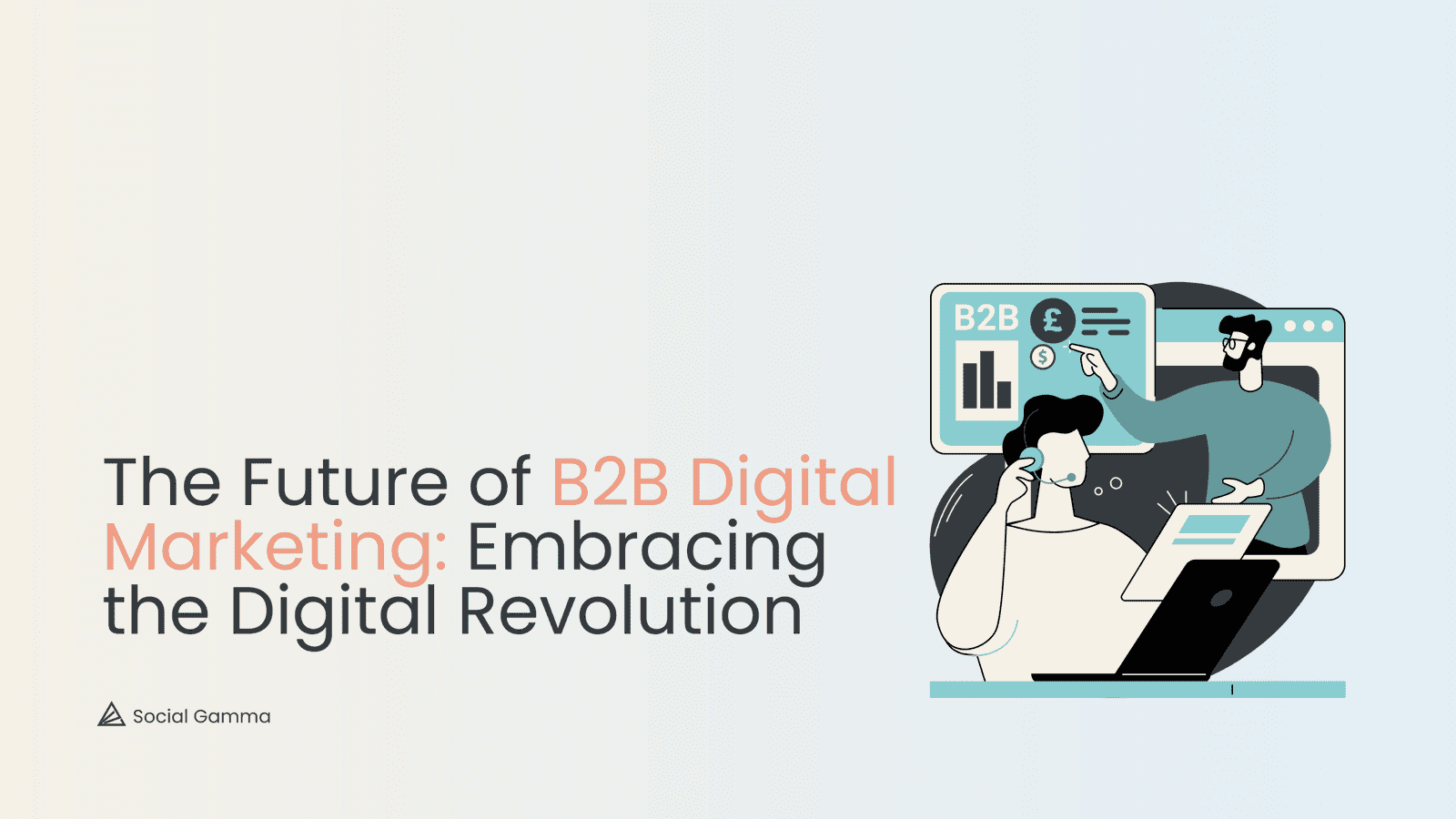Digital marketing is constantly developing alongside the wants and needs of its audiences. In 2023, digital marketing will need to cater for the preferences of generation z more than ever, by using more authentic advertising and content, using platforms they favour most.
Contents
Advertising aversion
In 2022 many brands embraced the opportunities of new growth platforms such as TikTok, realising they needed to speak to their audience where they were spending their time. In 2023 this trend is set to continue, with marketing budgets being increased to capitalise on the platform’s sustained growth. What is particularly interesting about advertising to this demographic is their aversion to advertising. This means advertisers will have to advertise in a way that makes adverts not seem like adverts. This can be done by having more authentic feeling ads, which mimic or are not easily distinguishable from organic content. This is often in the form of video but has similarities to advertorials used in text form.
One way this could be achieved is by including more staff-led content styles, using behind-the-scenes style videos to give businesses content which seems organically created by employees. It could also include more content which shows the work a company does which is exciting and cause-led, showing the positive social benefits a company brings to society.
The influence of Gen Z on culture
Gen Z is the first generation to grow up in a fully digital world, meaning they are internet savvy and are as much creators of content as they are consumers. This means a new approach will need to be adopted, where brands work with Gen Z creators rather than expecting them to work for brands.
This change has serious ramifications, meaning there may be a decrease in opportunities to directly advertise with creators, but an increase in opportunities for partnerships. With these changes, creators will have more of a say about the style and content of collaborative work between themselves and a brand. This change could bring benefits to brands, as joint projects will have a more passionate and clear endorsement from creators as they feel like more of an integral part of the creative process.
Gen Z habits
Gen Z is different from their previous millennial cohort, wishing to be part of social media rather than just reacting to it. This is demonstrated in the many dance trends that Gen Z has participated in, filming themselves mimicking trends seen on platforms such as TikTok. This means that the amount of users and content on the app is growing, although it has yet to overtake Instagram. This is due to a change in the way social media is being used, moving away from engaging in what users already like, to using platforms as a discovery tool to find new content to entertain and educate themselves.
This creates opportunities for brands, by making content and ads that inform and entertain in a relatable way linking back to their business. This means content which is inspiring and human-centric, making it relatable to users’ experiences, showing how by engaging with brands they can solve their own problems or gain new knowledge.
Do you want to know more?
If you found this article interesting and useful, follow us on our social media channels to stay up to date with our weekly digital marketing insights.
If you would like to learn more about our services or contact us, please use the relevant tabs on our website http://socialgamma.com/.
To find us on social media:
Follow us on LinkedIn: https://www.linkedin.com/company/socialgamma/
Follow us on Instagram: @social.gamma
Follow us on Twitter: @social_gamma
Like us on Facebook: @socialgamma

